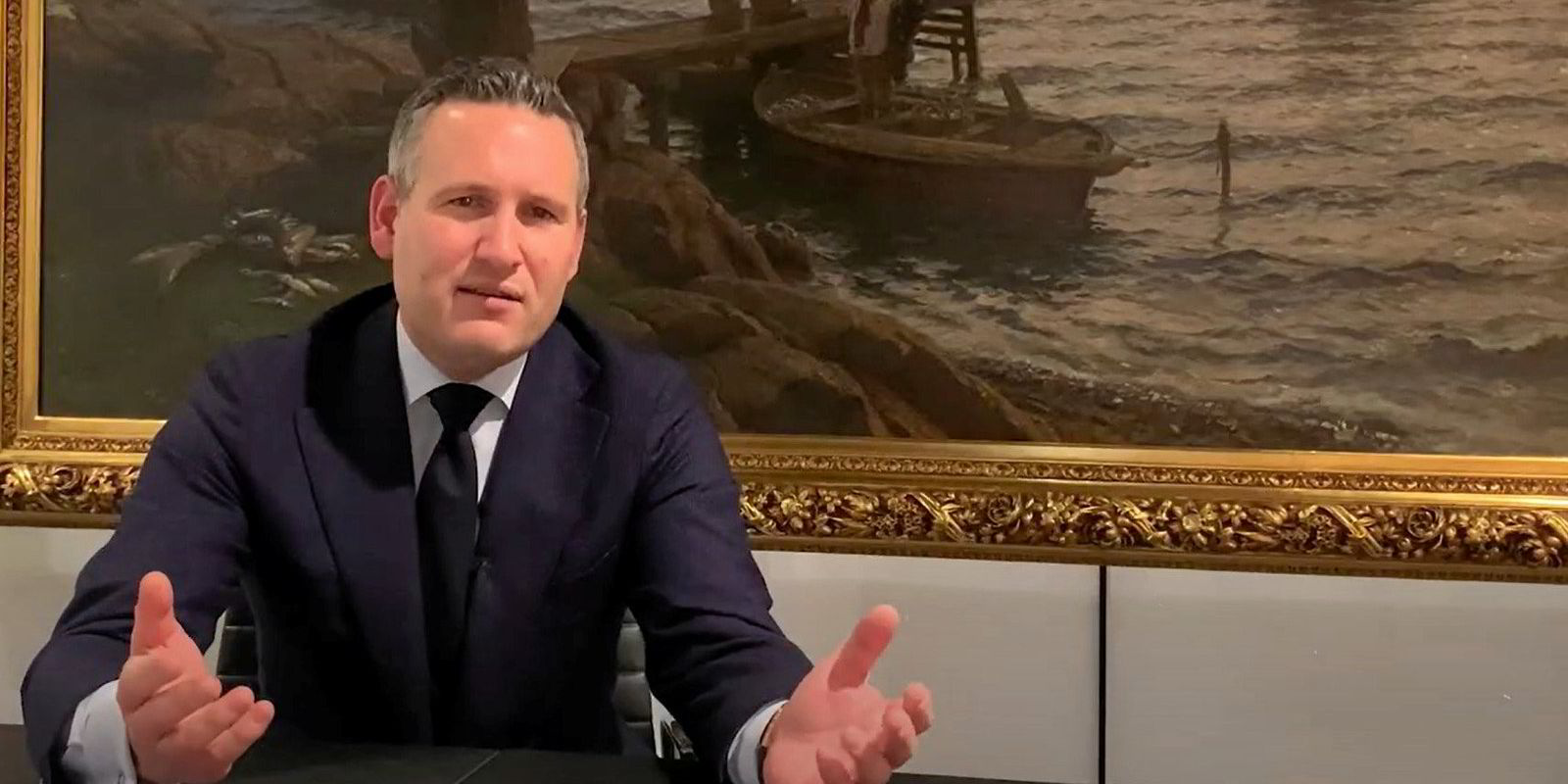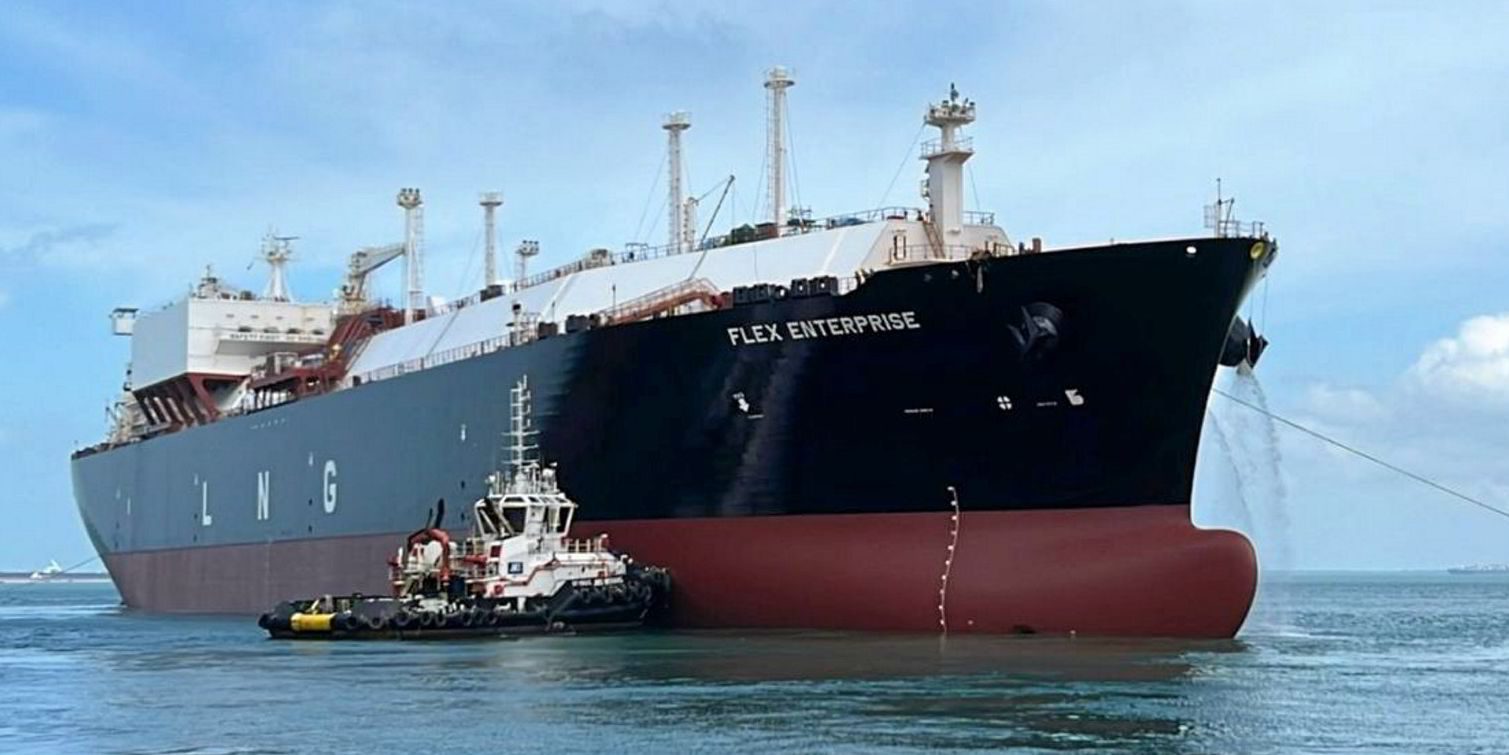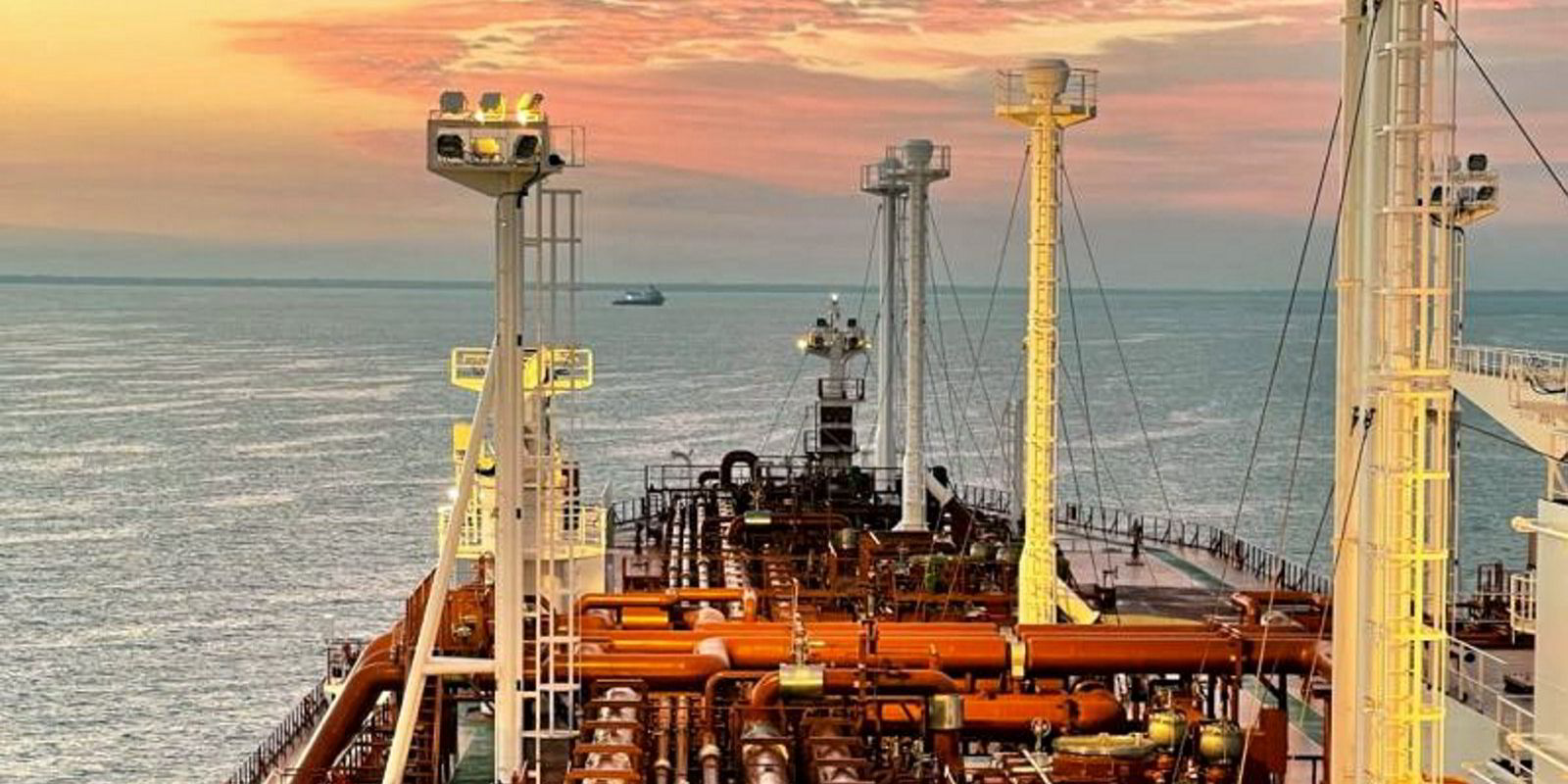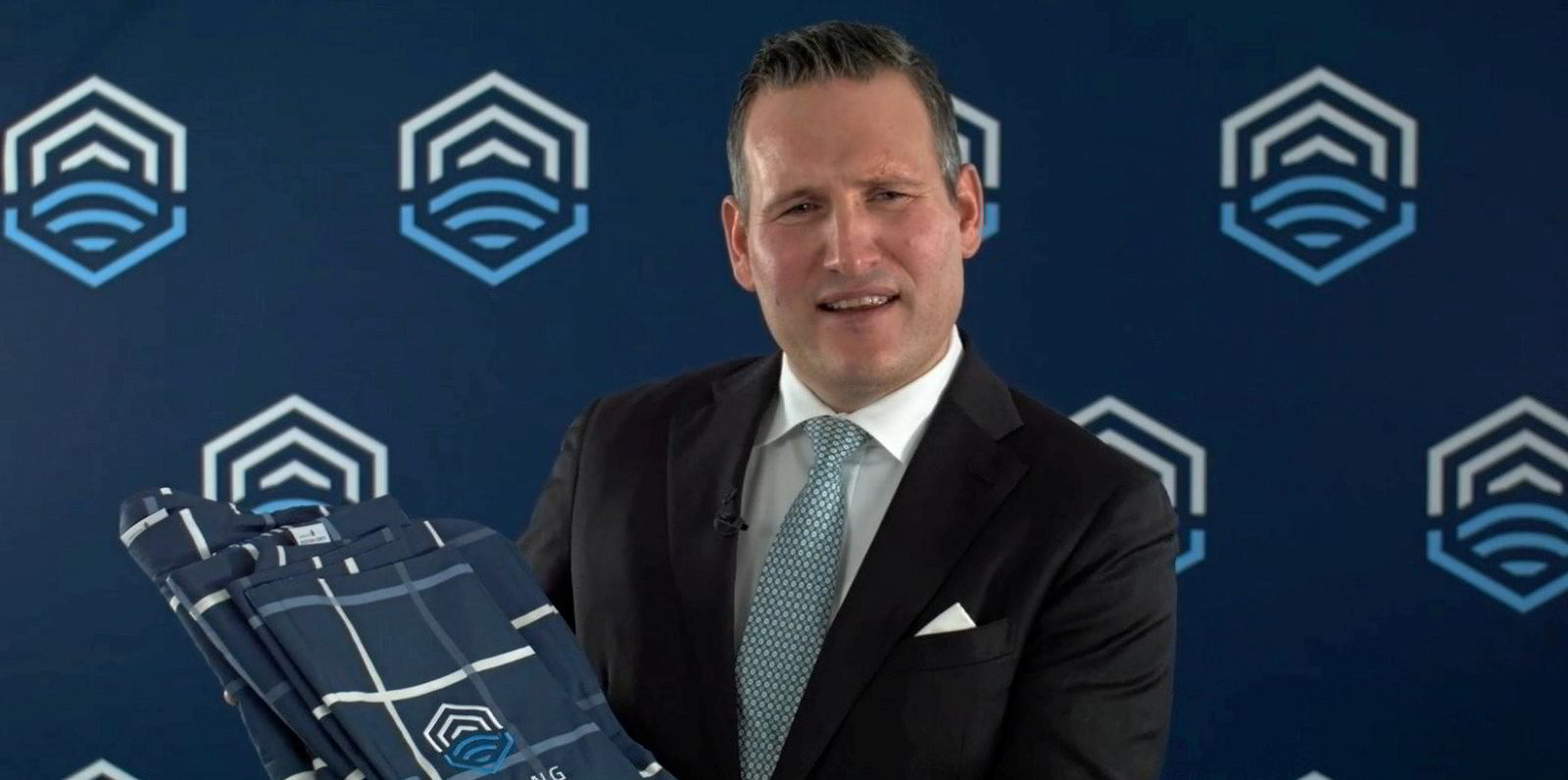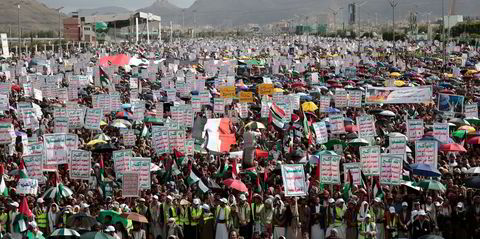John Fredriksen’s Flex LNG could add to its charter backlog in the next 12 months and believes it is well-positioned to compete with hotly-priced LNG carrier newbuildings which are due to deliver from 2027.
Speaking on a first quarter results call, Flex chief executive Oystein Kalleklev said the company is seeing enquiries in the market for LNG carriers required for 2027 and 2028 dates.
“There are tenders there are discussions in the market,” he said. “I think we are well positioned to participate in those.
“We are competing against very expensive ships that need a high very high charter rate and duration in order to defend that investment.”
He said that while the five-year time-charter rate for LNG carriers has stabilised at around $135,000 per day, owners ordering new vessels priced at $260m today for 2027 to 2028 deliveries will be looking at long-term charters of 10 years plus to back these ships.
“These are the ones we are competing with and that makes us upbeat about being able to extend our ships for longer durations at higher rates when they become open,” he said.
Asked about adding to Flex’s 57-years of charter backlog, the CEO said: “I would not rule out that we will be able this year to add more backlog to the fleet,” adding that the company is aiming to expand on this total rather than see it eaten down over the year.
In customary style, Flex offered a prize for the best question posed in its results presentation.
For this quarter private investor Minh Nguyen scooped the company’s “Flex on the beach” summer pack, which included a trademark navy blue emblazoned towel, customised sunscreen, hat, shades and “I love dividends” t-shirt, for a question about the age and technology gap between Flex’s 13 two-stroke LNG carriers and today’s newbuildings.
He pointed out that Flex fleet has the same propulsion systems as new vessels and have the advantage of being sisterships which, as they have been trading, are cleared for many import and export terminals.
Kalleklev said more modern ships may have “some more gadgets”, dropping a hint as he said this that not all owners of vessels have air lubrication systems, which have become almost standard for LNG vessels, may not be entirely happy with the results.
The Flex chief also fielded the customary “how to spend it” question.
He highlighted that the company had paid out $200m in dividends in the last 12 months.
“We think newbuildings are pricey these days,” he said. “We have two ships coming on open in 2027 and two in 2028. We do think it's better business business to fix those ships on long term contracts rather than building new ships and competing with our existing ships.”
He added that the company has also structured its financing so the cost of having that debt is low.
“LNG is a long term business. We try to be disciplined when newbuilding prices are high,” he said.
Kalleklev said the company has access to very cheap capital which it can access if it sees opportunities.
“If not we will keep on fixing ships and paying dividends and hope that is appreciated by most investors.”
